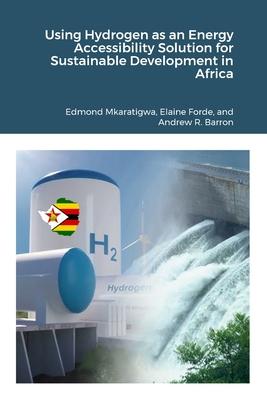The aim is to assess possibilities for the implementation of hydrogen as an energy innovation and accessibility solution for sustainable development in Africa. Hydrogen as a fuel presents opportunities for tackling climate change. Continuous refinement and advancement of existing inventions and materials for reducing greenhouse gas emissions towards carbon neutrality should therefore be guaranteed. Findings from the remote Mkaratigwa Village corroborated the observation that there existed intense depletion and disruption of forests and ecosystems, revealing the need to embrace green hydrogen energy technologies for reducing carbon footprint and prevailing energy poverty mostly already afflicting girls, women and children. Work has to continue to ensure hydrogen energy satisfies the Sustainable Development Goal 7 criteria that encompasses affordability, reliability, sustainability and accessibility. Much more work remains on reducing barriers and motivating opportunities and enablers for improved embraceability of the technology in Zimbabwe and developing countries across the world. Production of hydrogen has nevertheless been reduced due to public policy shifts amid intermittent power supply and acute outages. Cost of grid power supply was impacting negatively on hydrogen production and more-so on its greening. Worldwide, renewable cleaner energy technologies including for hydrogen, are proved to be largely concentrated in the global North. Ironically to the contrary, critical mineral resources and materials that constitute the bulk of feedstock for brands original equipment manufacturers and suppliers, originated from Africa.
| FindBook |
|
有 1 項符合
Using Hydrogen as an Energy Accessibility Solution for Sustainable Development in Africa的圖書 |
 |
$ 3488 | Using Hydrogen as an Energy Accessibility Solution for Sustainable Development in Africa
作者:Mkaratigwa 出版社:Lulu.com 出版日期:2023-08-23 語言:英文 規格:平裝 / 176頁 / 22.86 x 15.24 x 1.17 cm / 普通級/ 初版  看圖書介紹 看圖書介紹
|
|
|
圖書介紹 - 資料來源:博客來 評分:
圖書名稱:Using Hydrogen as an Energy Accessibility Solution for Sustainable Development in Africa
|











